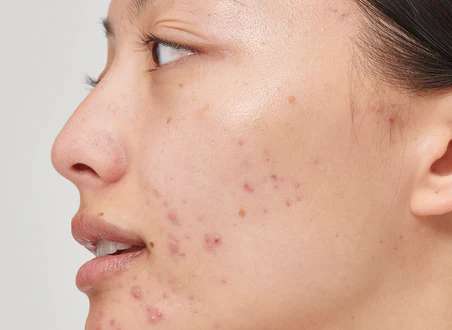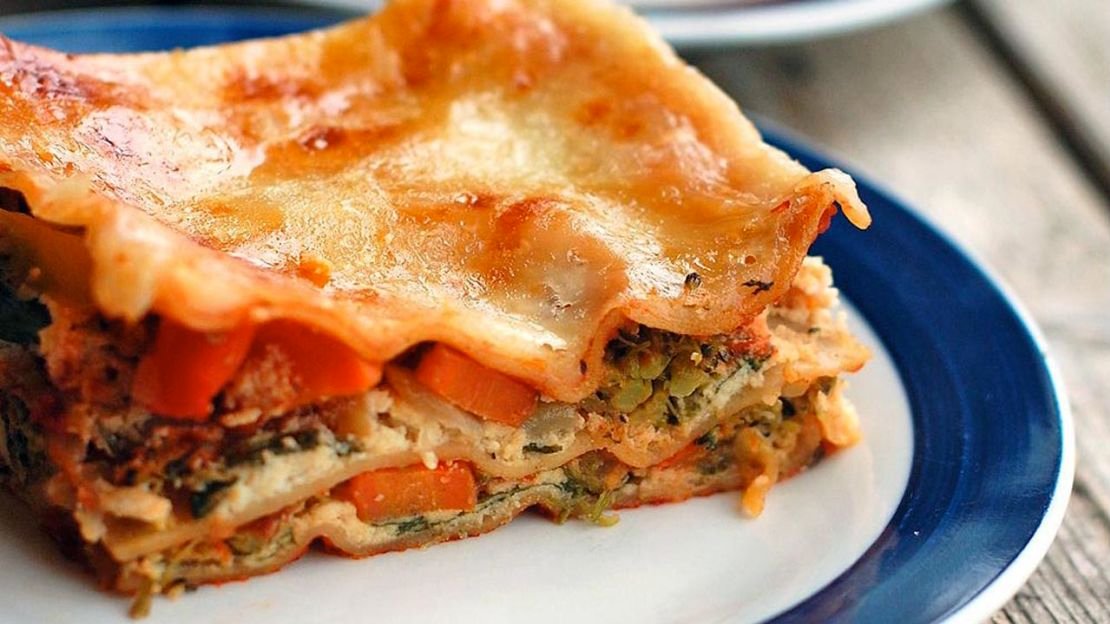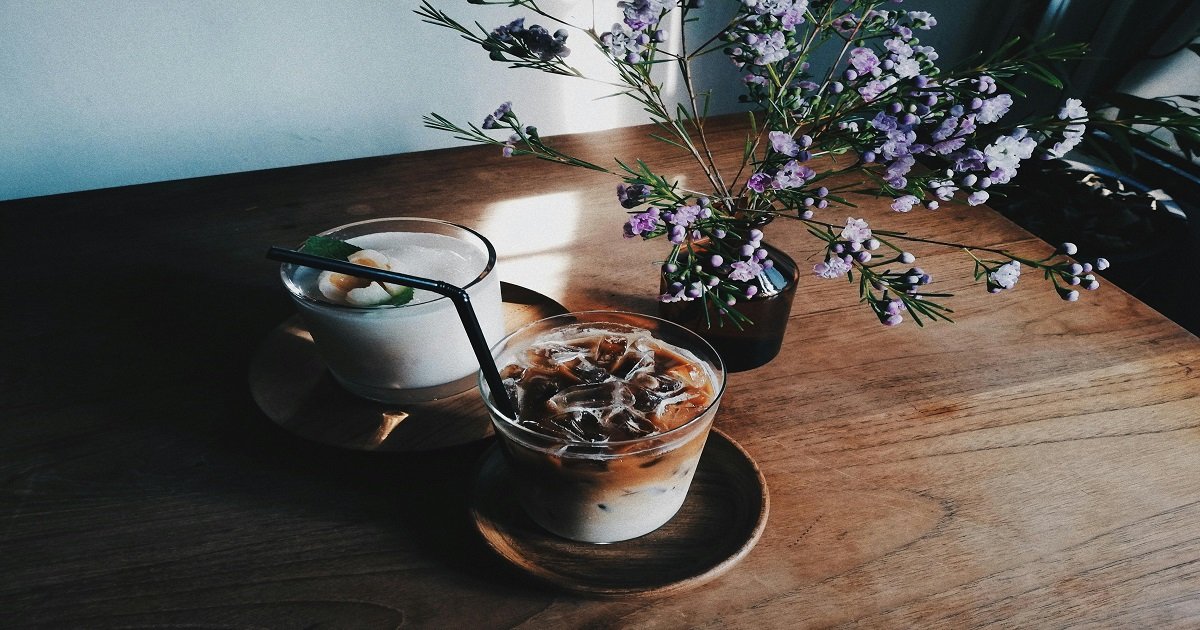Acne is a common skin condition that affects millions of people worldwide. It’s more than just a few pimples; it can impact self-confidence and mental well-being. Understanding what acne is and how to manage it effectively is crucial for those dealing with breakouts.
Types of Acne
Acne can manifest in various forms, classified into two main categories: non-inflammatory and inflammatory.
Non-Inflammatory Acne
Non-inflammatory acne includes whiteheads and blackheads. These occur when hair follicles become clogged with oil and dead skin cells, leading to small bumps on the skin’s surface.
Inflammatory Acne
Inflammatory acne is more severe and includes papules, pustules, nodules, and cysts. These are characterized by redness, swelling, and often pain.
Causes of Acne
Several factors contribute to the development of acne, including hormonal changes, genetics, and lifestyle choices.
Hormonal Changes
Hormonal fluctuations, particularly during puberty, menstruation, or pregnancy, can trigger acne breakouts.
Genetics
A person’s genetic makeup plays a significant role in their likelihood of developing acne. If acne runs in your family, you may be more prone to experiencing breakouts.
Diet and Lifestyle Factors
Certain dietary choices, such as consuming a high-glycemic diet or dairy products, may exacerbate acne. Additionally, stress and lack of sleep can contribute to hormonal imbalances that lead to breakouts.
Prevention of Acne
While acne cannot always be prevented entirely, adopting a proactive approach to skincare and lifestyle choices can help minimize breakouts.
Skincare Routine
Establishing a consistent skincare routine that includes gentle cleansing, exfoliation, and moisturizing can help keep acne at bay.
Diet Modifications
Making dietary changes such as reducing sugar intake, incorporating more fruits and vegetables, and staying hydrated can improve skin health and reduce acne flare-ups.
Stress Management
Finding healthy ways to manage stress, such as practicing mindfulness, exercising regularly, or engaging in hobbies, can help prevent stress-related breakouts.
Treatment Options
Numerous treatment options are available for managing acne, ranging from over-the-counter products to prescription medications and professional procedures.
Over-the-Counter Products
Many acne sufferers find relief from using topical treatments containing ingredients like benzoyl peroxide, salicylic acid, or sulfur.
Prescription Medications
In cases of moderate to severe acne, dermatologists may prescribe oral medications such as antibiotics, hormonal therapies, or isotretinoin.
Professional Procedures
For stubborn acne that does not respond to conventional treatments, dermatological procedures like chemical peels, laser therapy, or corticosteroid injections may be recommended.
Natural Remedies for Acne
In addition to conventional treatments, some individuals find relief from acne using natural remedies.
Tea Tree Oil
Tea tree oil possesses antibacterial properties that can help reduce inflammation and kill acne-causing bacteria when applied topically.
Aloe Vera
Aloe vera has soothing and anti-inflammatory properties, making it an effective natural remedy for calming irritated skin and reducing redness associated with acne.
Honey and Cinnamon Mask
A combination of honey and cinnamon applied as a mask can help unclog pores, reduce bacteria, and promote healing of acne lesions.
The Importance of Consistency
Consistency is key when it comes to managing acne effectively.
Patience in Acne Treatment
Acne treatments often take time to show results, so it’s essential to be patient and stick to your skincare regimen.
Tracking Progress
Keeping track of your skin’s progress can help you identify what treatments are working and make adjustments as needed.
Debunking Acne Myths
There are many myths surrounding acne, and it’s essential to separate fact from fiction.
Chocolate and Acne
Contrary to popular belief, there is little evidence to suggest that chocolate directly causes acne breakouts.
Sun Exposure and Acne
While sun exposure may temporarily improve acne due to its drying effect, it can ultimately worsen acne and increase the risk of skin damage and premature aging.
When to Seek Professional Help
If acne persists despite home remedies and over-the-counter treatments, it may be time to seek professional help.
Persistent or Severe Acne
Persistent or severe acne that does not respond to conventional treatments may require evaluation and treatment by a dermatologist.
Emotional Impact of Acne
Acne can take a toll on mental health, affecting self-esteem and confidence.
Low Self-Esteem
Feelings of self-consciousness and low self-esteem are common among those struggling with acne, especially during adolescence.
Social Anxiety
Acne breakouts can lead to social anxiety and avoidance of social situations, impacting relationships and quality of life.
Acne Scarring
In addition to the physical symptoms of acne, scarring can leave lasting marks on the skin.
Types of Scars
Acne scars can manifest as depressed or raised lesions, hyperpigmentation, or textural irregularities.
Treatment Options for Scarring
Various treatments, including laser therapy, microneedling, chemical peels, and dermal fillers, can help reduce the appearance of acne scars and improve skin texture.
Conclusion
Acne is a common skin condition that can have a significant impact on physical appearance and emotional well-being.
By understanding the causes of acne, adopting preventive measures, and seeking appropriate treatment when needed, individuals can effectively manage breakouts and achieve clearer, healthier skin.
FAQs
Can stress cause acne? Yes, stress can trigger hormonal fluctuations that lead to increased oil production and subsequent acne breakouts.
Is it true that certain foods can worsen acne? While individual responses to certain foods may vary, some people find that consuming high-glycemic foods or dairy products can exacerbate acne.
How long does it take for acne treatments to show results? The timeline for acne treatment results varies depending on the severity of the acne and the chosen treatment method. In general, it may take several weeks to see significant improvement.
Can acne scars be completely removed? While complete removal of acne scars may not always be possible, various treatments can significantly improve their appearance and texture.
What should I do if my acne gets worse despite treatment? If your acne worsens or fails to improve with home remedies or over-the-counter treatments, it’s essential to consult a dermatologist for personalized treatment options.



